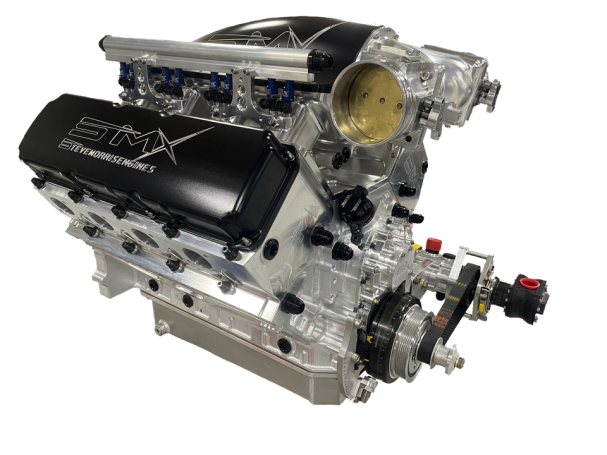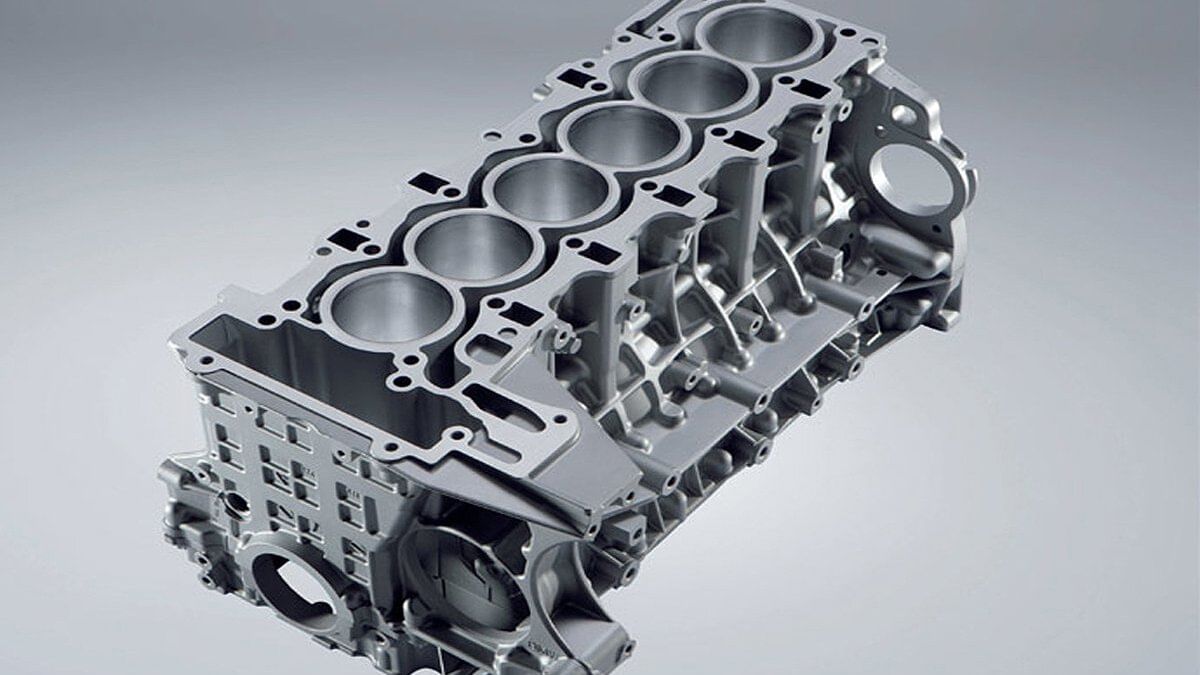Why Businesses Prefer Engines For Africa for Their Fleet
Why Businesses Prefer Engines For Africa for Their Fleet
Blog Article
Discover a Variety of Engines for Every Car and Function
The automotive landscape is significantly complicated, with a varied variety of engine types developed to fulfill details performance and efficiency requirements across different car classifications. Furthermore, heavy-duty engines offer the needs of job vehicles, while green options are gaining traction in the search of sustainable transport.
Types of Automotive Engines
Automotive engines can be classified right into several distinctive types, each created to fulfill particular efficiency and efficiency demands. One of the most common classifications consist of internal combustion engines, electrical engines, and crossbreed systems.

Electric engines, on the various other hand, operate electrical power stored in batteries, supplying instantaneous torque and no discharges. These engines are ending up being significantly popular due to improvements in battery innovation and the expanding emphasis on sustainability.
Hybrid systems integrate both inner combustion and electric engines, allowing vehicles to optimize fuel performance and decrease discharges by flawlessly switching between power resources. Each engine kind provides its downsides and benefits, affecting factors such as car style, planned usage, and market need. Understanding these differences is important for suppliers and customers alike when selecting the suitable engine for their particular requirements.
Efficiency Engines for Sports Cars
Efficiency engines for sporting activities cars are specifically crafted to supply boosted agility, power, and speed, setting them apart from common auto engines. These engines often make use of innovative modern technologies such as turbocharging, turbo charging, and variable valve timing to make best use of performance and responsiveness.
Normally, efficiency engines are developed with higher compression proportions, which enable for greater power removal from fuel. This results in remarkable horsepower and torque figures, making it possible for fast acceleration and greater leading speeds. The lightweight products used in these engines, such as light weight aluminum and carbon fiber, contribute to lowered general vehicle weight, boosting handling and maneuverability.
Engine configurations like V6, V8, and even hybrid systems are usual in performance cars, each offering distinct advantages in terms of power distribution and driving dynamics. The adjusting of these engines is also vital; numerous suppliers enhance the engine management systems to supply an exciting driving experience, often including sporting activity modes that change throttle response and gear shifts.
Effective Engines for Daily Commuters
In the world of daily commuting, reliable engines play an important duty in enhancing gas economic climate and decreasing exhausts while supplying dependable efficiency. As city populations expand and ecological problems heighten, the need for vehicles equipped with reliable powertrains has actually surged.
Modern engines developed for day-to-day commuters typically include technologies such as turbocharging, straight fuel injection, and hybrid systems. Turbocharging improves engine efficiency forcibly even more air right into the burning chamber, allowing for smaller, lighter engines that do not endanger power result. Straight gas injection enhances gas atomization, bring about far better burning and enhanced effectiveness.
Crossbreed engines, incorporating inner burning with electric power, further enhance fuel economic climate, specifically in stop-and-go website traffic, where traditional engines can struggle with inefficiencies. Electric electric motors help during acceleration and can run individually at reduced rates, decreasing total gas consumption.
Additionally, developments in engine administration systems and lightweight materials contribute significantly to effective engine layout. By concentrating on performance, sturdiness, and ecological sustainability, producers remain to supply engines that not only fulfill the needs of daily travelling however likewise straighten with global initiatives to lower carbon footprints.
Heavy-Duty Engines for Work Automobiles
Heavy-duty engines for work vehicles are regularly engineered to supply phenomenal torque and dependability under demanding problems. These engines are created to do in environments where traditional engines might falter, such as building and construction sites, logging procedures, and agricultural setups. The main emphasis of durable engines is their ability to produce high levels of power while keeping sturdiness over extended durations of operation.
Normally, heavy-duty engines make use of advanced products and durable building strategies to endure the roughness of heavy work. Features such as enhanced cylinder blocks, improved air conditioning systems, and advanced fuel shot technologies add to their effectiveness. These engines commonly run at lower RPMs, which assists to maximize fuel effectiveness while providing the required power for transporting and towing.
Along with mechanical effectiveness, heavy-duty engines are typically outfitted with sophisticated electronic control systems (ECUs) that take care of efficiency, exhausts, and diagnostics. This integration permits far better monitoring and maintenance, making certain that job automobiles stay effective and operational.
Inevitably, sturdy engines are a vital part in the performance of various markets, providing the needed power and reliability to deal with the hardest of tasks.
Eco-Friendly Engine Options
The expanding focus on sustainability has actually led to the development of eco-friendly engine choices that prioritize decreased discharges and enhanced gas performance. These engines are made to decrease the ecological go to this website influence of cars while still providing the performance and reliability anticipated by consumers.
Among the most notable environmentally friendly alternatives are electrical and hybrid engines. Crossbreed engines integrate standard inner burning engines with electrical propulsion, permitting decreased gas consumption and lower greenhouse gas emissions. Electric engines, on the various other hand, run entirely on battery power, generating absolutely no tailpipe emissions and adding to cleaner air high quality.
Another encouraging advancement is the development of biofuel engines, which utilize renewable energies, such as plant products, to power automobiles (Engines For Africa). By utilizing biofuels, these engines can decrease dependence on fossil fuels and reduced overall carbon impacts

As the automotive market develops, eco-friendly engine options will certainly play an important role in driving the change towards more lasting transportation remedies.
Final Thought
The automotive sector uses a diverse variety of engines designed to satisfy numerous car demands and purposes. From high-performance engines that boost cars capacities to efficient designs focusing on fuel economy for day-to-day commuters, each type offers a specific feature. Heavy-duty engines deal with durable work cars, while eco-friendly alternatives, such as electric and biofuel engines, promote lasting transport. This detailed range makes sure that all driving needs are dealt with, contributing to advancements in vehicle modern technology pop over to this site and environmental stewardship.

Report this page